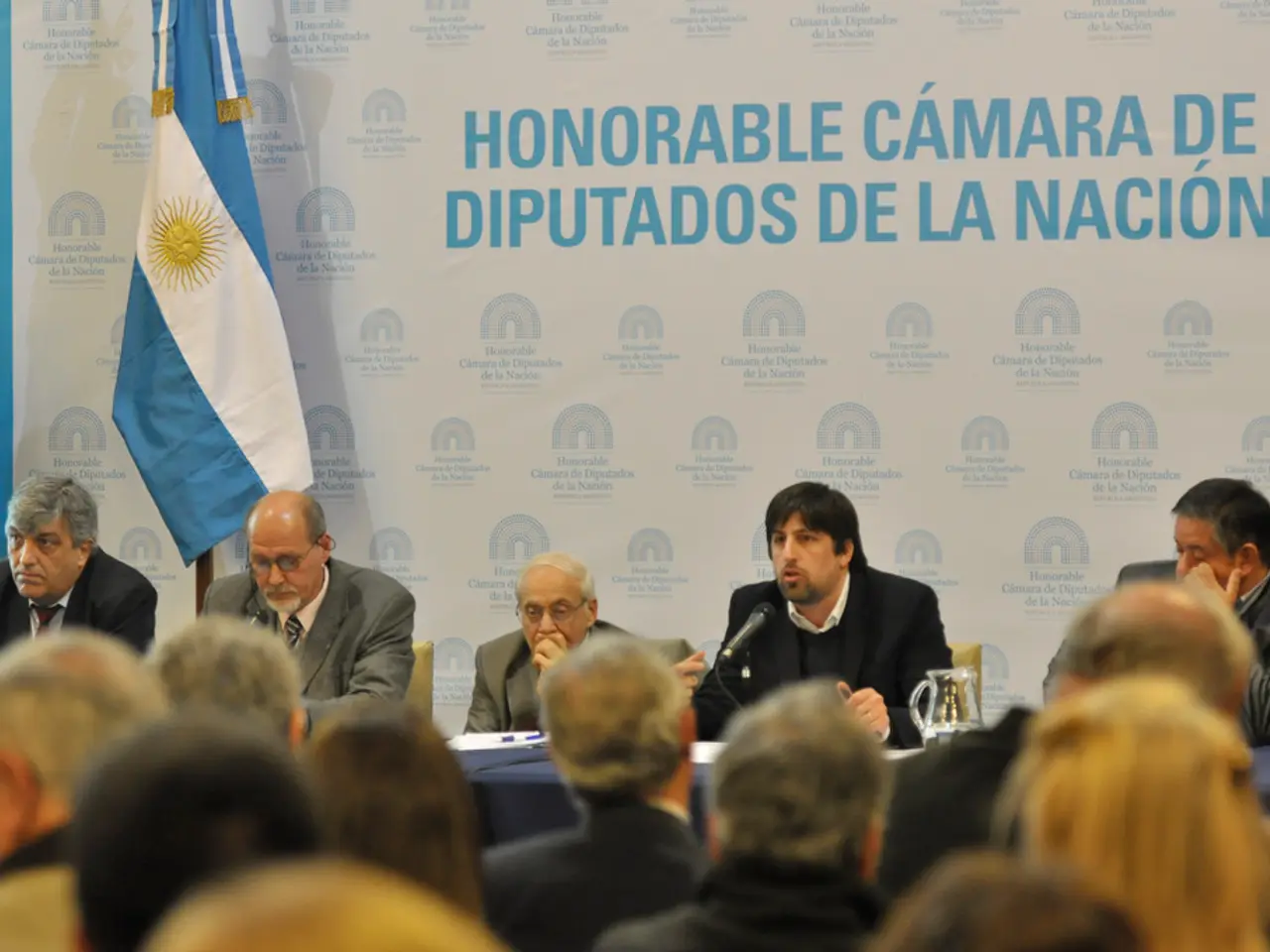World Judiciaries Should Share Insights: CJI BR Gavai at Nepal-India Judicial Discourse
In a significant address at the Nepal-India Judicial Dialogue 2025 in Kathmandu, Chief Justice of India (CJI) BR Gavai highlighted the importance of judiciaries learning from each other's experiences in a globalized world.
CJI Gavai traced the trajectory of Indian jurisprudence, starting with the basic structure doctrine propounded in the landmark Kesavananda Bharati v. Union of India (1973) case. He emphasized how the Supreme Court of India has recognized education, privacy, personal autonomy, reproductive choice, and dignity as essential facets of liberty.
The seminar, aimed at strengthening cooperation between the apex courts of India and Nepal, saw CJI Gavai stress that judicial independence is an essential feature of the Constitution that cannot be compromised. He noted how this principle, reaffirmed in later decisions such as M Nagaraj (2006) and the NJAC case (2015), has become a cornerstone of Indian constitutional law and has even influenced courts beyond India.
CJI Gavai also spoke about the Court's consistent effort to move from formal to substantive equality. He was part of a Constitution Bench ruling that upheld sub-categorisation within Scheduled Castes to ensure equitable distribution of reservation benefits. In his own judgment, CJI Gavai suggested that affirmative action jurisprudence must continue to evolve to ensure that its benefits reach the most marginalized among the marginalized.
During his speech, CJI Gavai praised the Supreme Court of Nepal for its progressive role in advancing gender justice, privacy, environmental protection, and indigenous rights. He expressed his deep appreciation for the efforts of Chief Justice Prakash Man Singh Raut in fostering dialogue and cooperation between the two judiciaries.
CJI Gavai's address comes at a time when the Supreme Court of India has repeatedly placed integrity at the heart of Indian democracy. From the ADR ruling in 2002 to last year's judgment striking down the Electoral Bond scheme in 2024, the Court has been a guardian of constitutional ideals and a catalyst for democratic reforms. Electoral transparency remains another cornerstone for the Supreme Court of India.
In conclusion, CJI Gavai's address at the Nepal-India Judicial Dialogue underscores the importance of judicial cooperation and independence in a globalized world. His emphasis on the role of the judiciary as a catalyst for democratic reforms and his praise for the progressive role of the Supreme Court of Nepal in advancing various rights are significant statements that reinforce the importance of a strong and independent judiciary in upholding democracy.
Read also:
- Peptide YY (PYY): Exploring its Role in Appetite Suppression, Intestinal Health, and Cognitive Links
- Toddler Health: Rotavirus Signs, Origins, and Potential Complications
- Digestive issues and heart discomfort: Root causes and associated health conditions
- House Infernos: Deadly Hazards Surpassing the Flames








